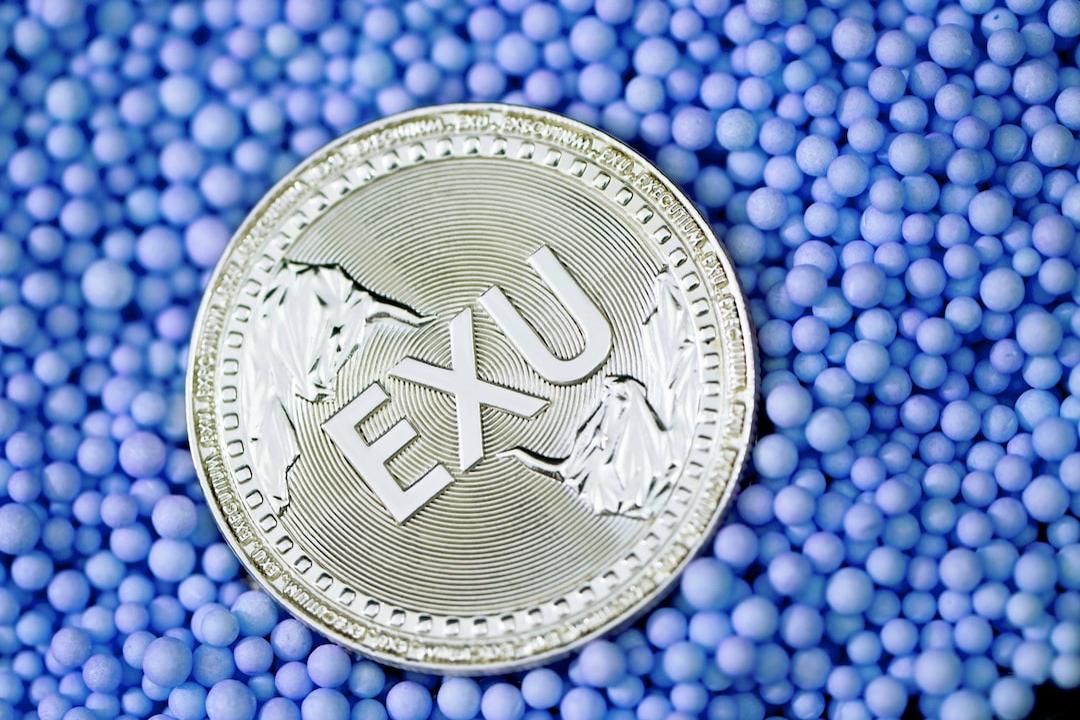Bitcoin and Ethereum have seen a significant decrease in user balances not witnessed since 2020, according to data from Glassnode. The user balances of Bitcoin (BTC) and Ether (ETH) on centralized exchanges have dropped to a four-year low as investors opt to wait for higher prices in a bullish market.
The number of BTC and ETH on exchanges has been steadily declining since before July 2020, as confirmed by Glassnode. Even amidst the COVID-19 pandemic, the previous market peak in 2021, the Terra-FTX contagion in 2022, and the approval of spot BTC ETFs, users have been withdrawing their assets from these platforms.
This four-year trend indicates that crypto users are taking a positive long-term perspective, showing confidence in the future value appreciation of these assets regardless of market fluctuations. The global economic inflation after the COVID-19 crisis has also driven investors to seek refuge in technologically robust investments.
Bitcoin’s limited supply and secure design have solidified its position as a hedge against inflation, with countries like El Salvador adopting it as legal tender. Institutional demand for Bitcoin has also been on the rise, with companies like BlackRock, Fidelity, and MicroStrategy investing significant amounts in the digital asset.
As the leading altcoin, Ethereum has its own optimistic outlook as the primary alternative to Bitcoin. Its role in powering the largest decentralized finance (defi) ecosystem, valued at nearly $70 billion, further strengthens its position. The transition from proof-of-work (PoW) to proof-of-stake (PoS) through the launch of the Beacon chain in 2020 has enabled Ether staking, where users can lock up ETH for network security and passive income.
Currently, over 27% of Ethereum’s supply is staked, with users depositing over $119 billion worth of ETH in staking providers like Coinbase, Lido, and EigenLayer. The enthusiasm surrounding spot ETH ETF approvals, defi growth, and staking increases has created a positive outlook for the cryptocurrency, encouraging users to “hodl” onto their assets for the long term.

